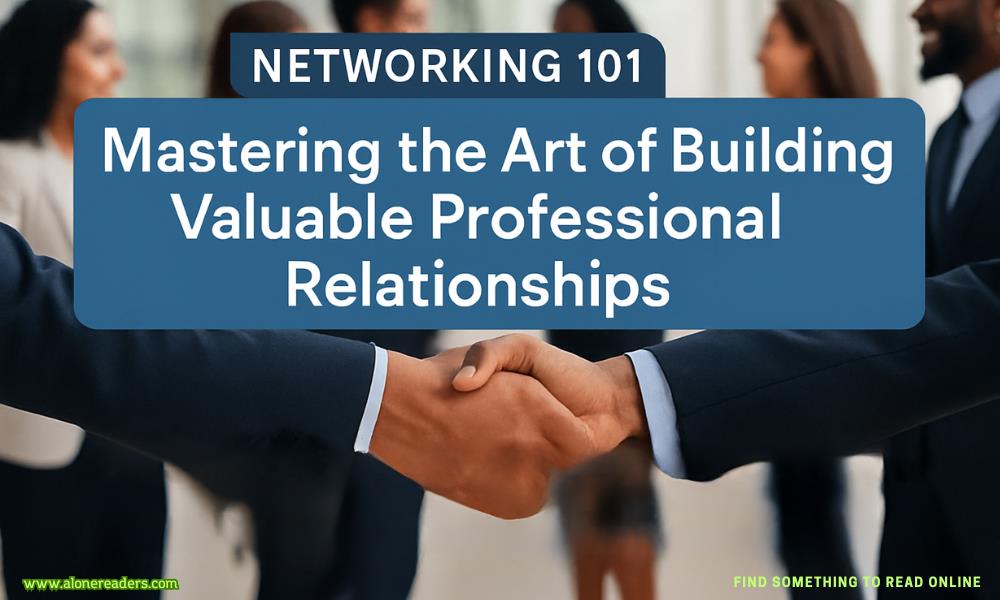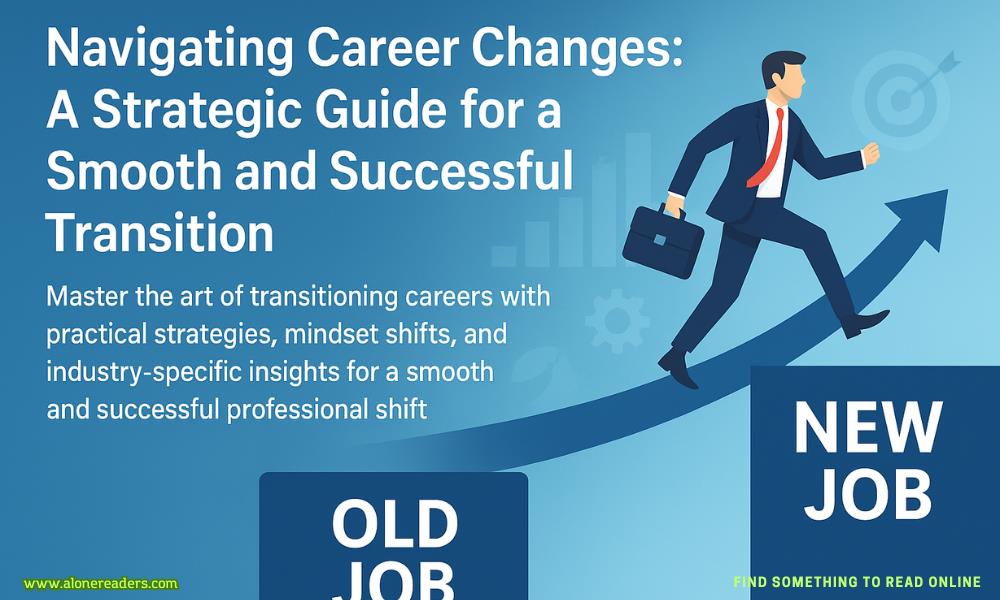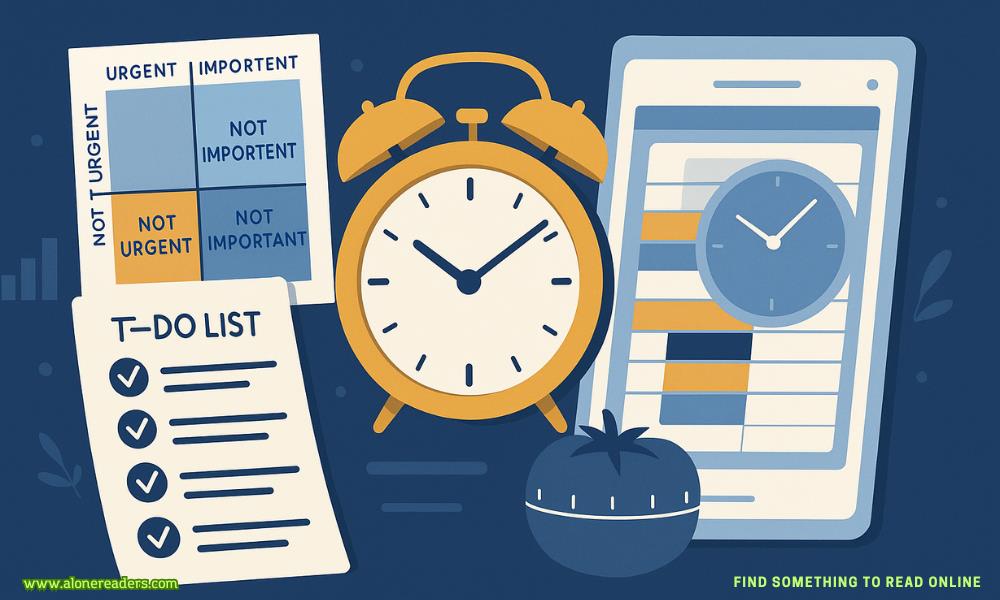Page 67 of Everything Under the Sun
I nodded, and turned back to the window.
“Yes.”
After several minutes of silence, I said, “I’m sorry about your sister. I’m sorry I couldn’t help her.”
Thais said nothing else the rest of the night.
We traveled only by night for the next three days, stopping along the way to sleep in abandoned houses and barns and buildings. And when it rained, though it only ever did so in spurts, we collected water and drank; and when we were hungry we snacked on the food stored in the backpacks. But it wasn’t much, and we were already running out of what little we had.
My ribs hurt like hell; they felt like glass when I’d move, but I was sure they weren’t broken. I’d had a broken rib before, and this feeling didn’t compare. But travel was difficult for me, nonetheless, whether by horse or on foot, which I often did to give the old horse reprieve.
We talked little in that three days. I couldn’t tell if Thais was mad at me for bringing up her sister, or if she was just scared. I never asked. I cared little. I just wanted to get her somewhere safe so I could move on with whatever was left of my life. And I didn’t want to get attached to her. Already she was my responsibility; I knew that I had to protect her, not just for her, but for myself, too. I had to hold on to that tiny spark of humanity left inside of me, by helping her. To let her die would be my final failure. But to grow attached, to cling to her friendship, if one grew between us; to hold on to the only other human still a human, as if we were the last two people on earth—I couldn’t let that happen. I didn’t deserve the reward of friendship, or to be saved from being alone in a world as cold and dark as my heart had become. My one task, if it was the last thing I did, was to get her to safety, leave her to her life, and in doing so, hope I somehow could be redeemed for all the wrong I had done.
24
THAIS & (ATTICUS)
From a sliding glass door, I watched the sky fade into the gray haze of twilight. I sat at the kitchen table eating a can of sardines with my fingers. Atticus refused to eat, said he wasn’t hungry, and even after trying to convince him he was, I ended up with the whole can to myself.
Guiltily I ate.
“Is it true?” Atticus asked, sitting on the counter. “What you told me back in Lexington City? That you lived in the forest, hunted and fished and farmed?”
I nodded with my mouth full. “Mmm-hmm”—I swallowed—“My father and my sister and me; we lived on our own for a long time.” I sucked at the hot sauce on the tips of my fingers.
“And what about your mother?”
My mood shifted in an instant. I went back to eating. Atticus sat across from me, his long legs covered in camouflaged pants, dangled over the counter.
“My mother died a long time ago,” I said, as if it were nothing.
(Sensing her discomfort, I abandoned the topic.)
“How long did you live like that?” he asked. “In the forest?”
“I was eleven when The Sickness hit, so it was about seven years.”
“So, you’re eighteen now,” he said.
I nodded, sucked on a finger. “Almost nineteen, but I don’t know exactly. Maybe I am nineteen. How old are you?”
“Twenty-four,” I said, and added, “And you were never attacked until now?”
I shook my head and swallowed down the last bite. “We had some close calls,” I said, recalling each one. “But in the beginning, we had more ammunition. And more people. The people in our town were very close; we stuck together, protected each other and what little we had.” I wiped my hands on my dress. “Some died of old age. Some died of disease. Some left and never came back. Some…well they couldn’t go on and died in their own way.” I paused, thinking of my mother and my sister, and then I looked at Atticus’ hands again. “And some died from infection.”
He glanced down at his cuts. They were healing; a thick layer of blood had dried in the wounds, along with dirt that still had yet to be washed out. He had argued before that we didn’t have enough water to be using on cuts he “knew” wouldn’t get infected. I thought he was just being stubborn.
“I don’t know who attacked our town,” I said, “or who killed my father, but…” I couldn’t finish. I felt vengeful in my heart, but my conscience got the best of me. Like my father, I believed there was good in everyone, and it was easy for me to forgive. But I could never forgive those who killed my father, and I couldn’t deny, every day when I woke up, the darkness growing in my heart.
“That man who brought us to the city,” I went on, “he told us it must’ve been the cracks who attacked our town.”
ATTICUS
I looked at my hands again, but I wasn’t seeing the cuts anymore. With regret in my heart I curled my fingers, stretched the battered skin over the top of my knuckles just to feel the pain.
I couldn’t say anything at first. I didn’t want to. But I knew I had to.
“It wasn’t Marion’s party that attacked your home, Thais,” I said at last. “But it was a party from Lexington City.” I tightened my left hand into a fist, so hard that the flesh broke, reopening the wound over my knuckle. Blood trickled over the top of my middle finger. “I heard the men talking about it in the bar one night.”
- The CEO's Obsession by Emma Bray
- Hardy by Sam Crescent
- Whizz by Sam Crescent
- Forbidden Vows by Shanna Handel
- Dubious Secrets by B. Sobjakken
- The Proposal by J.L. Perry
- Claimed by Lexie Davis
- In His Arms by Lexie Davis
- Breaking the Rules (Roaming Devils MC 1) by Lexie Davis
- Ticket to the Stars: Part Two by Candace Wondrak
- Mafia King's Ruthless Obsession by A.J. Summers
- The Pucking Arrangement by A.J. Summers
- The Invitation by Jodi Ellen Malpas
- Deep End by Ali Hazelwood
- Unexpected Pass by A. Blossom
- Redemption by Lila Dawes







